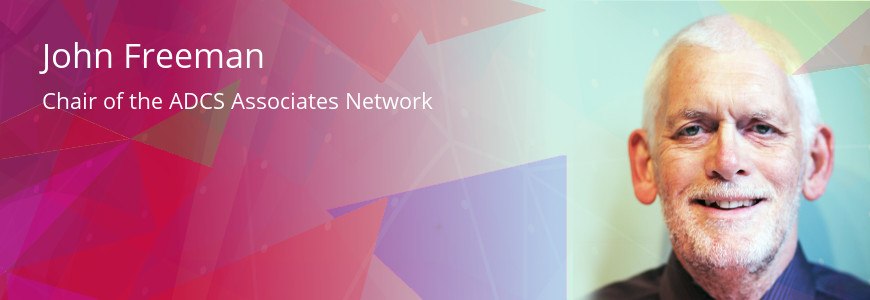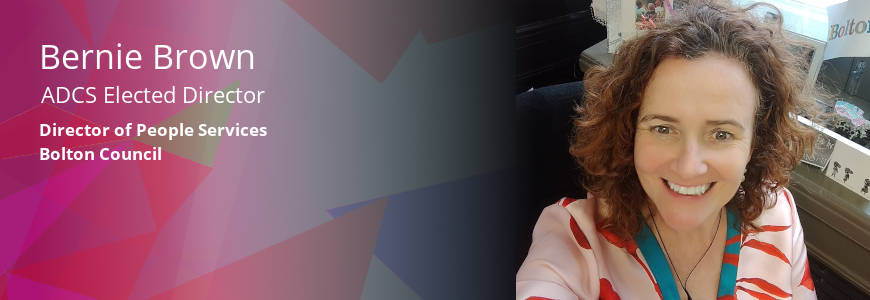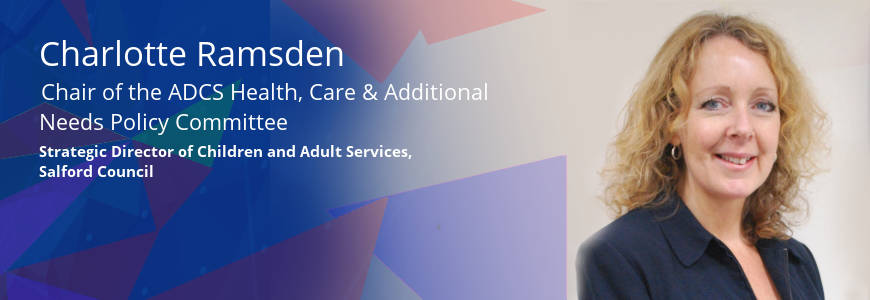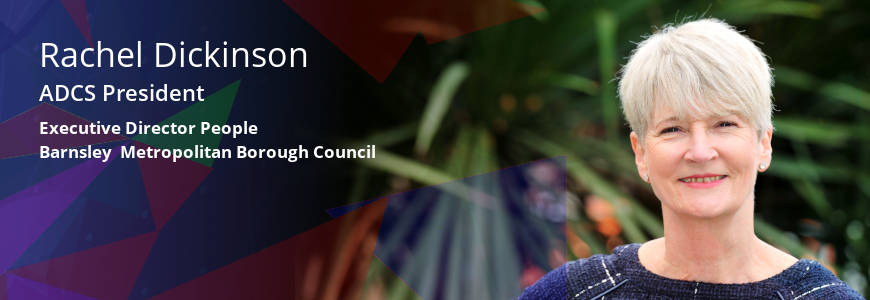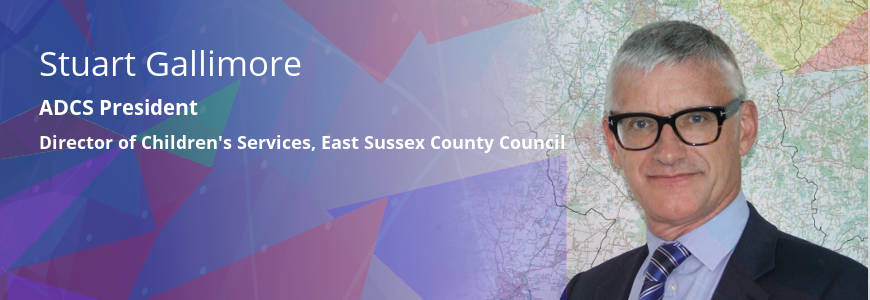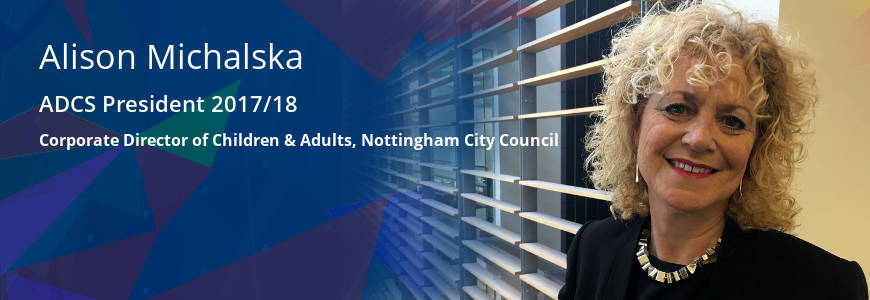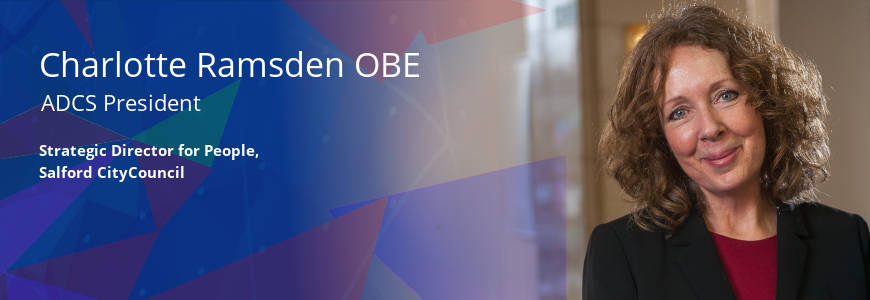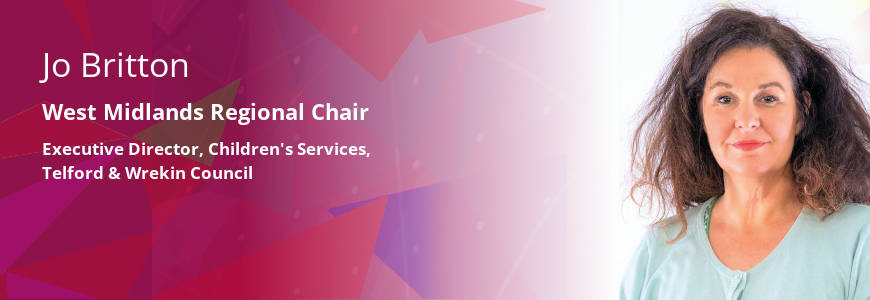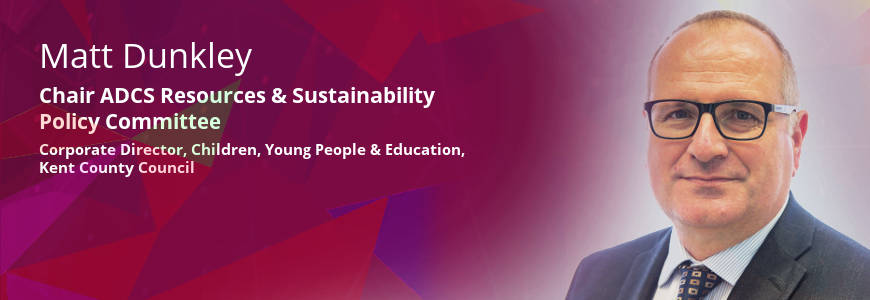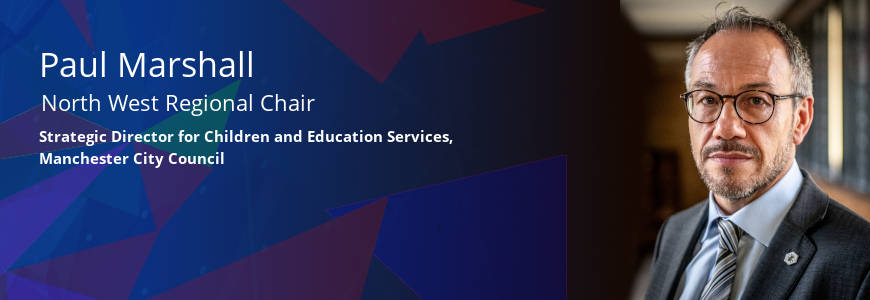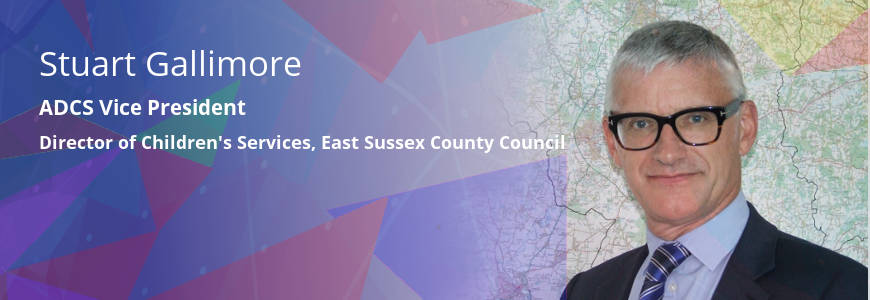Let's talk about local government funding
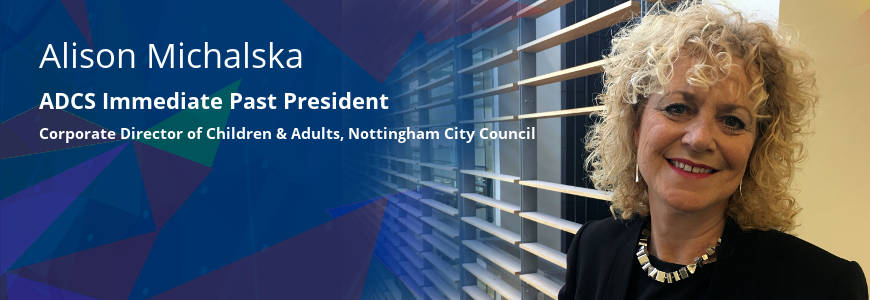
It’s the summer holidays yet negotiations are already underway in Nottingham to identify the next round of ‘savings’ required for the 2019/20 budget. With each year that passes this process gets harder, takes longer and feels increasingly counter-intuitive. In the beginning, there was some rationalising to be done but the services now being removed are the ones that our communities hold dear to their hearts – more libraries are closing, potholes remain unfilled, bins get collected less frequently, meals on wheels go undelivered, children’s centres are closing and community assets are being sold off.
In recent weeks the perilous state of local government funding has finally hit the headlines and I think it’s safe to say we’re entering uncharted territory as the first council edges towards bankruptcy and the list of others issuing similar warnings grows day by day. Whilst in some senses I was glad to hear these issues finally being debated on Radio 4 and reported on the evening news, I was sorry it took such a tragedy to get us to this place. Earlier this year the National Audit Office estimated that councils have experienced a 49% real-terms reduction in funding since 2010, for those who doubt the severity of our situation, I’d urge them to read this memorable interview with the Mayor of Liverpool last year. He spelled out our dilemma in no uncertain terms - even if he closed all of the city’s libraries and leisure centres, stopped maintaining its 140 parks, filling potholes or cleaning the streets and switched off 50,000 streetlights, he still couldn’t balance the council’s books by 2020.
Years of austerity are taking a toll on our communities and more families are tipping into crisis and requiring our help and support. There are now four million children living in poverty, two thirds of whom live in working families, and this number is expected to rise to 5.2 million by 2022. I’m always surprised and then saddened by how little outrage these shocking figures generate. Health, adult social care and the police have recently secured promises of extra funding thanks to widespread public support. This is understandable, everyone uses the NHS, most of us have an elderly relative or neighbour who needs support to stay well and live their best life and we all want our streets to be safe.
In truth, the impact of local government on people’s lives is difficult to express, we don’t just fulfil one role, we fulfil thousands. Millions of dedicated public sector staff work round the clock to build communities, to keep them clean and safe, to offer help and support to local residents young and old in difficult times. Over the last year or so council staff have also been at the forefront of responses to devastating floods and terrorist attacks, long after the emergency services have fulfilled their role. I wish I could adequately convey the pride and enthusiasm of the majority of staff I’ve met and worked with over the years; this dedication, this social capital, has sustained our services over the last few years in the face of continued challenge.
Relatively few people come into contact with children’s social care so it’s more difficult to persuasively make the case for investment, yet our ability to support children and young people who are growing up in violent, chaotic households or who are being exploited by the very adults they thought they could trust is diminishing. They are not to blame for their own abuse and neglect, nor are they to blame for their parent’s issues. ADCS is working on the sixth iteration of our ‘Safeguarding Pressures’ research which we hope this will provide the evidence the Treasury requires to commit to investing in children’s futures (and their education).
No one should underestimate how hard local government has worked to make efficiencies, to innovate and be creative. I recently re-read an interview with Dame Louise Casey in which she said: “… the best of local government is better than any part of Whitehall I’ve ever seen. Local government at its most effective is jaw dropping. It can inspire citizens. It can stand up and do things that are right. And sometimes I feel ‘come on you lot, show the country – show the bloody country – local government is worth something.” I couldn’t have put it better myself.
We desperately need a sustainable, strategic, long-term approach to funding services for children and young people and indeed all of local government. A question mark hangs over our funding post-2020, which is impacting on our ability to plan for the future. A greater reliance on business rates has been mooted but I fear this will only result in greater inequalities in economically depressed areas, and more challenges. The LGA estimates that there will be a £2 billion funding gap in children’s services by 2020, that’s what’s required just to stand still, to turn the tide we’d need a reaffirmation of the value of preventative services, particularly in the early years and in children’s mental health services.
Failure to invest in children’s futures is a false economy and is only storing up greater human and financial costs in the future. It’s time for change.
Related Blog Articles
Now that Parliament has risen and we are in the depths of the summer recess,...
In Education
What has struck me in the midst of this crisis is the strength of our sector....
In General
I do love a quote. It is incredible that human beings throughout history have...
In Leadership
Listening to reports of yet more serious youth violence in the last few days and...
In General
Even more concerning is the lack of join-up nationally where responsibility for...
In General
This is my first blog since I took over from Alison Michalska as President of...
In General
Since my last blog, the National Audit Office (NAO) published its report...
In Funding
I recently chaired a workshop on suicide prevention at the ADCS annual...
In General
It’s that time again when we will soon find out what budget challenges we will...
In Funding
November can be an odd month. We are not yet at the end of the year but are...
In General
I first became a DCS in 2005, which equates to the Paleolithic Age in DCS terms,...
In Leadership
It’s 3:45pm on Monday 8 January and the cabinet reshuffle is in full swing....
In General
During this last turbulent year, our commitment to supporting our children has...
In General
If this pandemic has done one thing, it has allowed us the opportunity to...
In General
With the summer holidays fast becoming a distant memory I guess like everyone...

